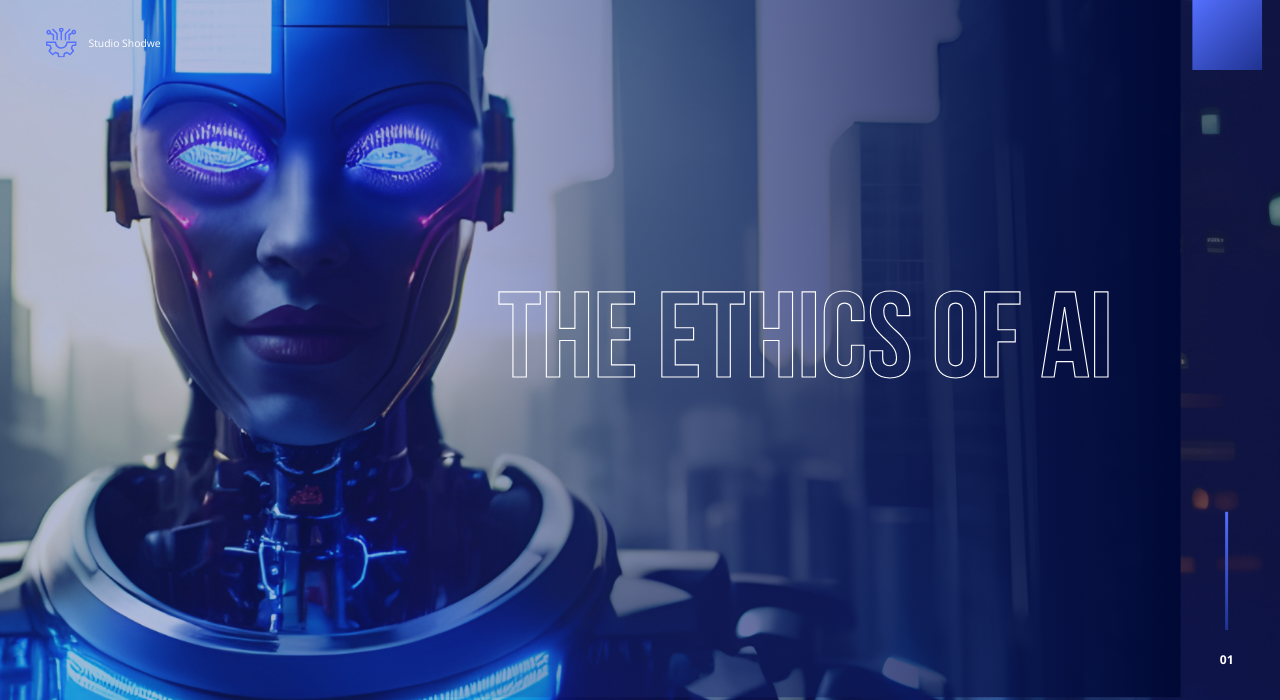Artificial intelligence (AI) is revolutionizing industries, but with great power comes great responsibility. As AI becomes more integrated into everyday life, ensuring its ethical use is paramount. Here’s a guide on how to build responsible AI applications:
1. Fairness & Bias Mitigation
AI systems often reflect biases present in the data on which they are trained. To create ethical AI, developers must actively work to reduce bias. This includes diversifying the training dataset,Involves implementing fairness algorithms and regularly testing models for unintended biases. Without these safeguards, AI may perpetuate inequality.
2. Transparency & Explainability
AI should not be a “black box” where decisions are made without explanation. Users need to understand how and why the AI reaches its conclusions. Implementing transparent models, or at least providing explainable insights into complex algorithms, is key to building trust and ensuring accountability.
loT https://skblogbites.com/iot-integration-pioneering-the-future-of-smart-home-living/
3. Privacy & Data Protection
AI systems often rely on large amounts of personal data. Developers must prioritize data security and privacy while complying with regulations such as GDPR and other local laws. Anonymizing data, minimizing data retention, and collecting only what is necessary are key practices for ethical AI development.
4. Accountability & Governance
Establishing clear accountability for AI activities is essential. If an AI system causes harm, who is responsible? Companies need governance structures that ensure human oversight, constant monitoring and mechanisms to address issues promptly.
5. Sustainability
AI consumes vast computational resources, which can contribute to environmental degradation. Developers should focus on building energy-efficient AI models and reducing the carbon footprint associated with large-scale AI operations.
Conclusion
Building ethical AI is not just a technical challenge; it’s a moral obligation. By prioritizing fairness, transparency, privacy, accountability, and sustainability, we can ensure AI contributes positively to society while minimizing harm.


1 thought on “The Ethics of AI: How to Build Responsible AI Applications”